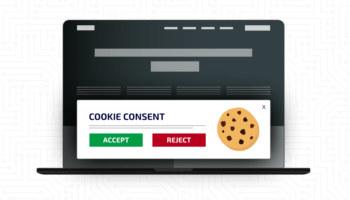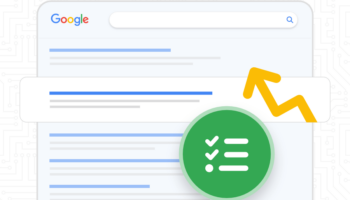There are many elements that affect the reputation of your website. Most of the topics listed below (in no particular order) are intermingled and depend greatly on one another. Just like in life, it takes time and support to build a good reputation online. Be aware of all the ways people are gauging your website and implement a strategy to build up a good reputation for it.
-
- Blog Often – Blogging allows you to demonstrate your knowledge on a specific subject. By providing your expertise, you will be considered a resource that many people will look to for advice.
- Easy to Understand – The content on your site needs to be easy to understand. Use language that a majority of internet users can comprehend and steer away from using industry jargon.
- Provide useful information – Your website depends on the usefulness of its content. Be a resource to people, direct them to industry specific white papers; have an events calendar; or offer training workshops or webinars. People that find your site useful are more likely to share it with others, thus enforcing your good reputation.
- Be Consistent – When updating elements on your site, like news, events, and blog posts, try to be more consistent rather than sporadic. Your users will appreciate knowing that they can go to your site and find what they are looking for.
- Search Engines & SEO Are Your Pals – If someone is doing a search online and your site comes up on the first page or even in the top five, chances are that search engines consider it to be relevant. Most users trust their search engine to show them the best options for what they typed in the search bar. You need to execute a strategy to keep your website optimized for search engines.
- Get “Real” – Yes, your website’s reputation also depends on your personal online reputation. Connect with people online using social networks like Twitter and LinkedIn and build a community around you and your business. Discuss topics and share ideas that lead them back to your website for additional resources.
- Usability and Navigation – Your site needs to be easy to use and to navigate through. Users should understand how to get to the information they are seeking without difficulty.
- Privacy Policy – Reputation and trust go hand-in-hand and you must include an easy-to-read privacy policy on your website. Your users should know what information you collect on your site and how you intend to use it.
- Clean design – A clean design is beneficial for your site’s usability, navigation, and readability. Your website’s design must clearly display its calls to action so users can immediately understand what is required of them through the process.
- Easily Accessible – No one has time for a site that takes a long time to download and please don’t make anyone download anything just to view your site. Make sure you make your site accessible to a wide range of internet users.
These topics work together as a team, not independently, so it is important to think of all the pieces of your website as a whole. For example, if you have a blog on your site that is not consistently updated, your website will be regarded as unreliable. Additionally, if you are not offering useful information to communities on social networks, they will be less likely to use your website as a resource. Building a good reputation for your website takes time, but once it has a solid foundation, it becomes invaluable.





